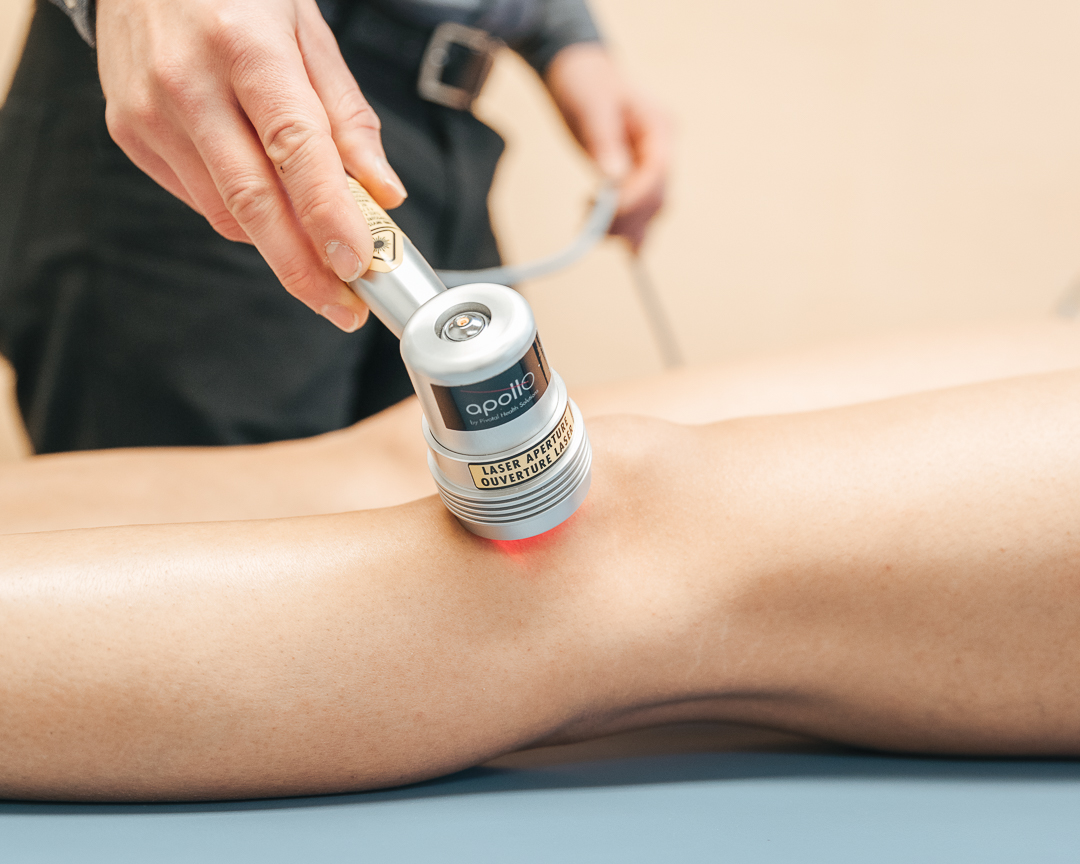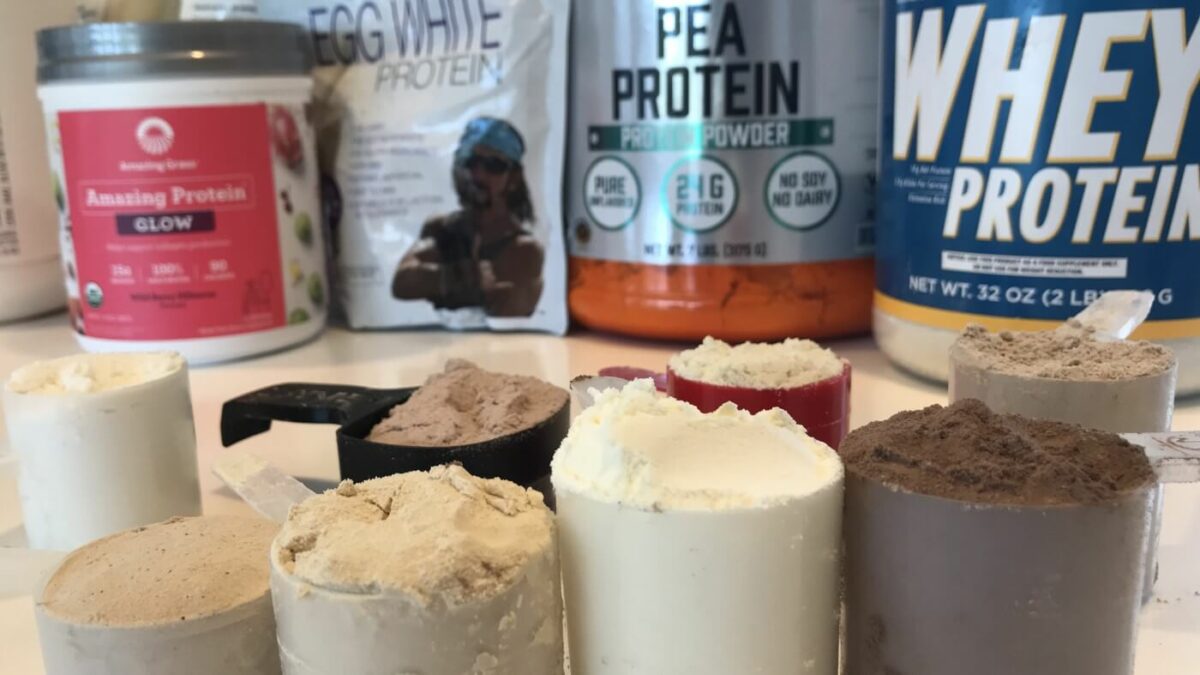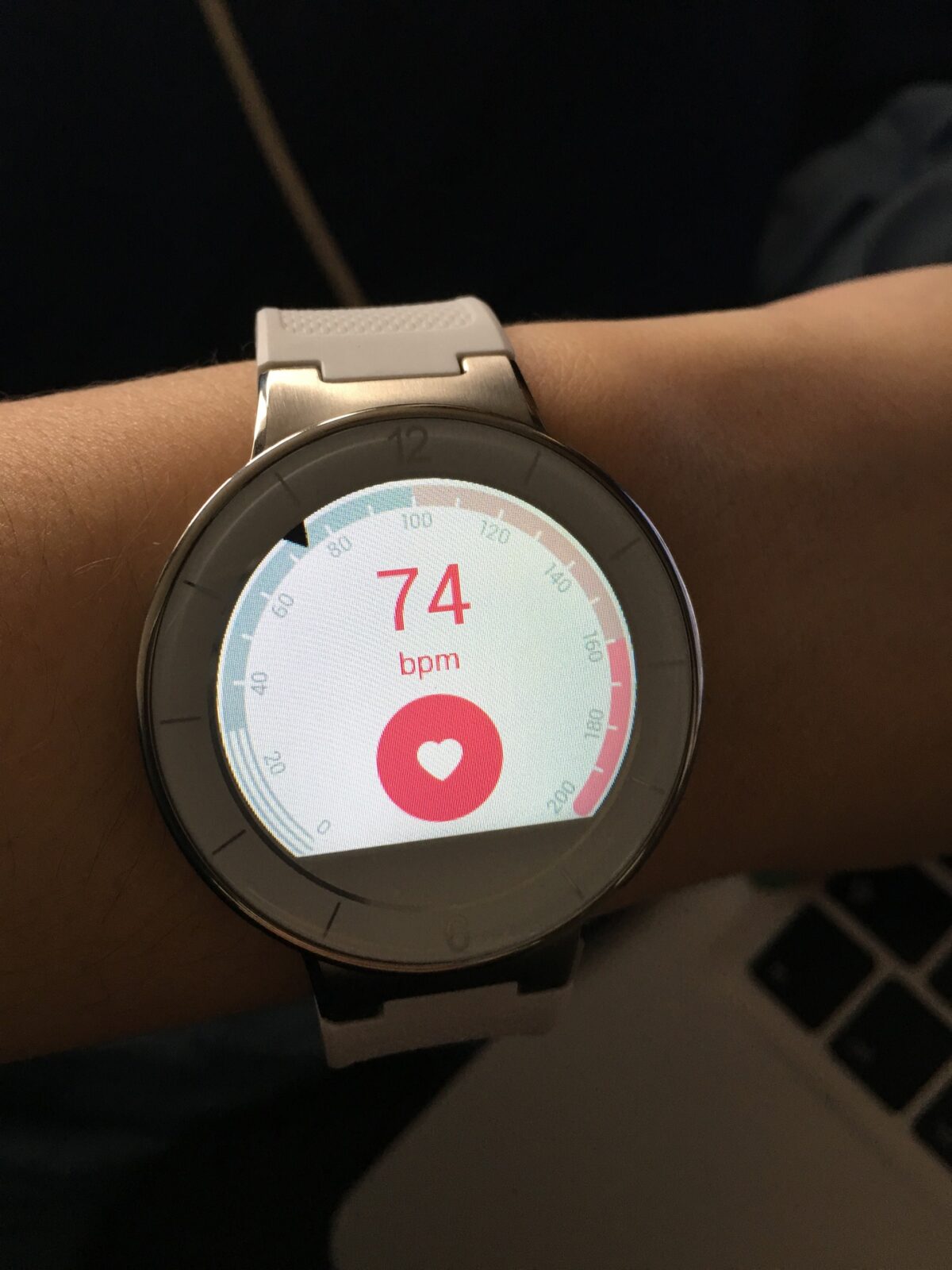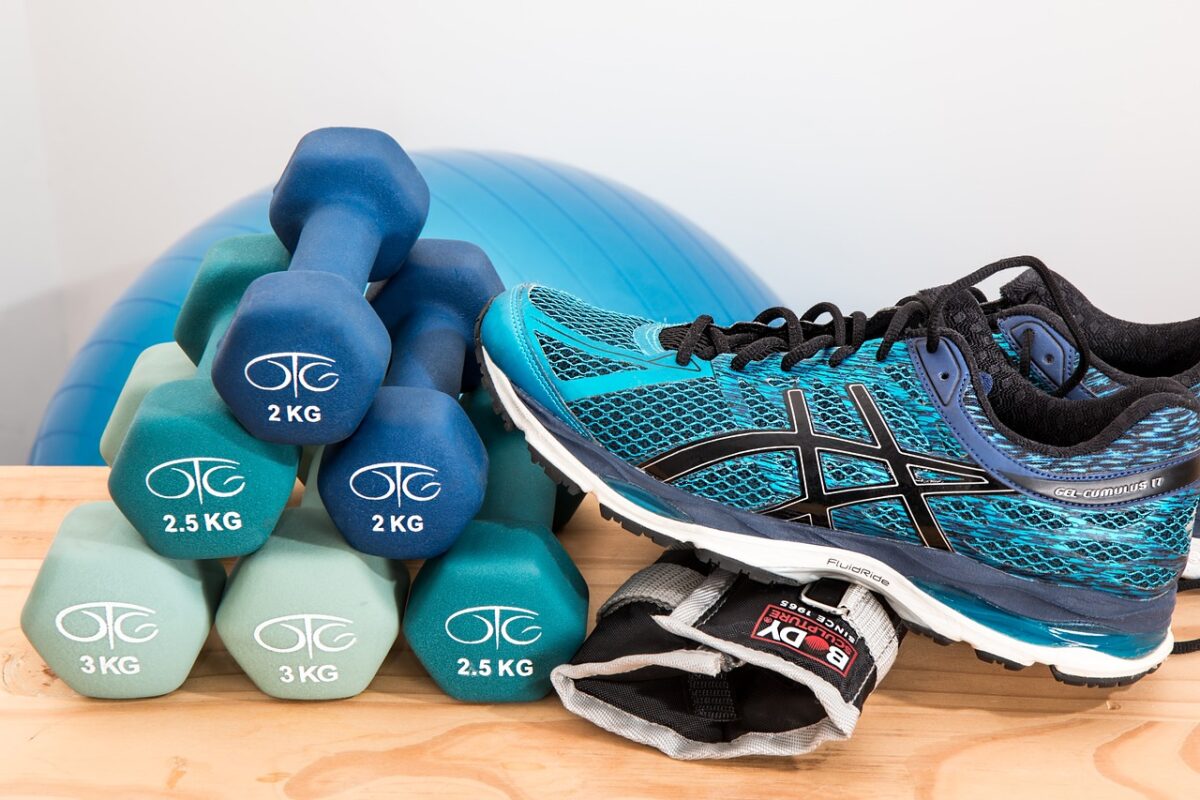Introduction to Rhodiola
In the quest for holistic wellness, adaptogens are gaining popularity for their ability to help the body adapt to stress. Among them, Rhodiola stands out as one of the most potent and versatile. An herb with a rich history in traditional medicine, Rhodiola rosea is known for its remarkable adaptogenic properties. This blog post will unravel the secrets of Rhodiola, exploring its benefits, the science behind it, and practical tips on how to incorporate it into your daily routine.
Whether you’re a wellness enthusiast or a health blogger, understanding Rhodiola can elevate your approach to natural health. In the following sections, we’ll offer a comprehensive guide, backed by scientific evidence, to help you make informed decisions about integrating Rhodiola into your lifestyle.

The Science Behind Rhodiola
Adaptogenic Properties
Adaptogens are natural substances that help the body resist stressors. Rhodiola is particularly prized for its ability to balance stress hormones, promoting homeostasis. Studies have shown that Rhodiola influences the hypothalamic-pituitary-adrenal axis, which plays a key role in stress response.
Stress Reduction
One of the standout benefits of Rhodiola is its impact on stress reduction. Research indicates that Rhodiola can lower cortisol levels, the hormone responsible for stress. A study published in the journal Phytomedicine found that participants who took Rhodiola experienced a significant reduction in stress symptoms compared to those who took a placebo.
Mental and Physical Performance
Rhodiola isn’t just about stress relief; it also enhances mental and physical performance. Athletes and busy professionals alike have reported increased endurance and cognitive clarity. A double-blind, placebo-controlled trial revealed that Rhodiola improved both physical fitness and mental fatigue, making it a multifaceted tool in a wellness arsenal.
How to Use Rhodiola
Dosage Recommendations
Incorporating Rhodiola into your routine requires understanding the right dosage. Experts suggest starting with a lower dose, around 200-400 mg per day, and gradually increasing it based on your body’s response. It’s essential to choose a high-quality supplement standardized to contain 3% rosavin and 1% salidroside, the active compounds in Rhodiola.
Daily Routine Integration
Adding Rhodiola to your daily routine can be simple. Consider taking it in the morning or early afternoon to harness its energy-boosting effects. You can mix it into your smoothie, add it to your tea, or take it in capsule form. Consistency is key, so find a routine that works best for you and stick with it.
Potential Side Effects
While Rhodiola is generally safe, it’s important to be aware of potential side effects. Some individuals may experience dizziness, dry mouth, or jitteriness. If you have any pre-existing conditions or are taking other medications, consult with a healthcare provider before starting Rhodiola.
Conclusion
Rhodiola is a powerful adaptogen with a myriad of benefits, from reducing stress to enhancing mental and physical performance. By understanding how to use it effectively and being aware of potential side effects, you can make Rhodiola a valuable addition to your wellness toolkit.
If you’re ready to experience the benefits of Rhodiola, start by incorporating it into your daily routine and observe the changes it brings. We’d love to hear your experiences—share your stories with us and join a community of wellness enthusiasts who are discovering the power of Rhodiola.




























